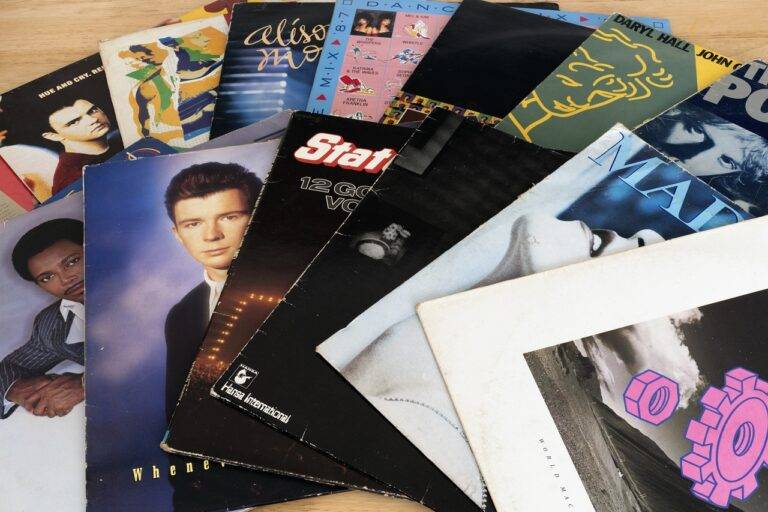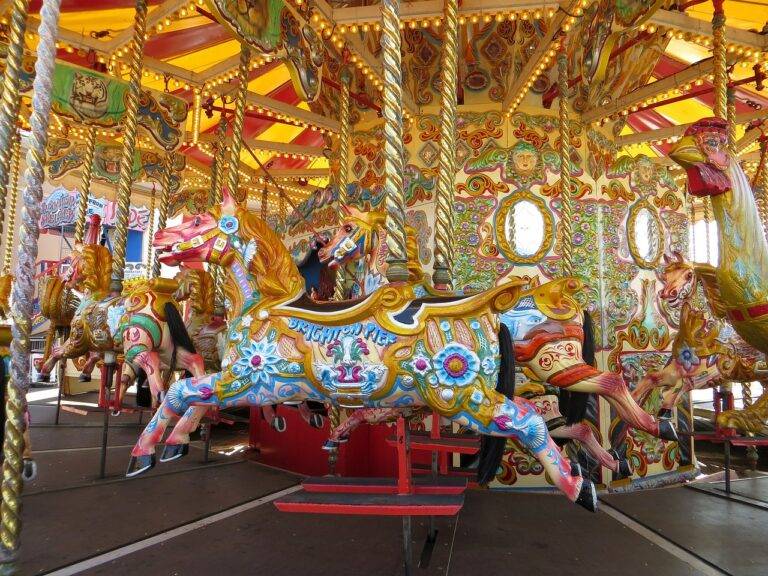NFTs in the Art and Entertainment Industry: Revolutionizing Ownership
The emergence of Non-Fungible Tokens (NFTs) has undeniably revolutionized the art and entertainment industries in recent years. Artists, musicians, and creators worldwide are leveraging NFTs to tokenize their work, granting them unique ownership rights and allowing for direct peer-to-peer transactions. Contrary to traditional art sales where intermediaries often dominate, NFTs provide a decentralized platform for creators to connect with their audience directly. This disintermediation not only empowers artists but also offers collectors the opportunity to engage with exclusive digital artwork in a transparent and secure manner.
Furthermore, the concept of NFTs has expanded the definition of art and collectibles by introducing a digital realm that transcends physical limitations. With NFTs, creators can tokenize various forms of content, including videos, music, virtual real estate, and even tweets, unlocking new avenues for monetization and showcasing their work. The intersection of blockchain technology and creative expression has democratized the art world, enabling emerging artists to gain recognition and monetize their craft independently, fostering a more inclusive and diverse cultural landscape.
Understanding the Basics of NFTs
Non-fungible tokens, or NFTs, have surged in popularity as a revolutionary method of buying and selling digital artwork, collectibles, and even music. Unlike traditional cryptocurrencies such as Bitcoin or Ethereum, each NFT is unique and cannot be exchanged on a one-to-one basis like physical money.
One key feature of NFTs is their use of blockchain technology to provide a transparent and secure way of verifying ownership and authenticity. This means that once an artwork or asset is tokenized as an NFT, its provenance and ownership history are permanently recorded on a public ledger, giving both creators and buyers a clear and immutable record of transactions.
What are NFTs?
NFTs, or non-fungible tokens, are unique digital assets that represent ownership or proof of authenticity of a specific item, such as digital art, music, videos, or other collectibles.
How do NFTs work?
NFTs are built on blockchain technology, which ensures the ownership and authenticity of the digital asset. Each NFT has a unique code that distinguishes it from other tokens.
Why are NFTs considered a game-changer in art and entertainment?
NFTs have revolutionized the way digital artists and creators can monetize their work by allowing them to sell unique digital assets directly to collectors without the need for intermediaries.
How can I create or purchase NFTs?
You can create NFTs by minting them on blockchain platforms that support NFTs, such as Ethereum. To purchase NFTs, you can participate in online auctions or marketplaces dedicated to selling digital assets.
Are NFTs environmentally friendly?
The environmental impact of NFTs has been a topic of debate due to the energy consumption of blockchain networks. It’s important to consider the sustainability of the blockchain platform you choose to mint or purchase NFTs on.
Can NFTs be resold?
Yes, one of the key features of NFTs is their ability to be resold in the digital marketplace. Creators can earn royalties from secondary sales of their NFTs, providing a passive income stream.
Are NFTs a good investment?
The value of NFTs can be volatile, so it’s important to do thorough research and consider factors such as the popularity of the creator, scarcity of the asset, and market trends before investing in NFTs.





